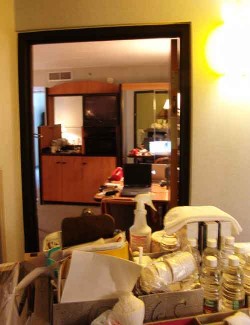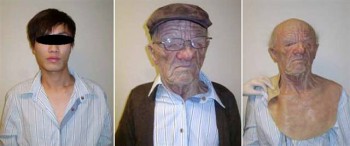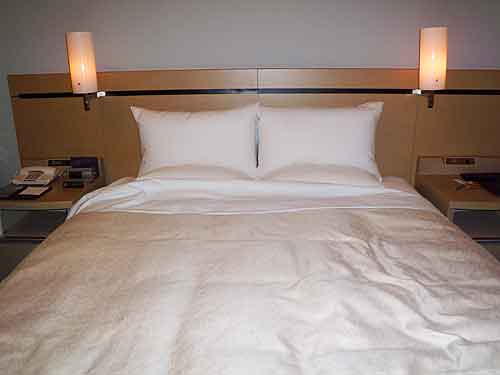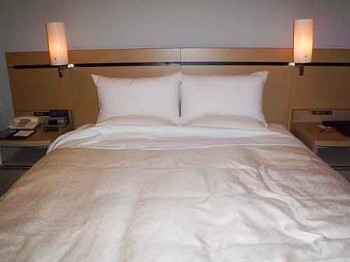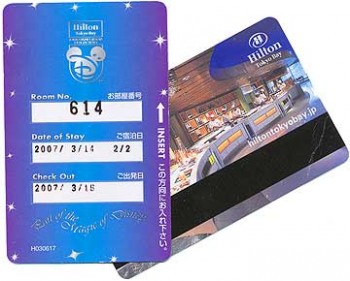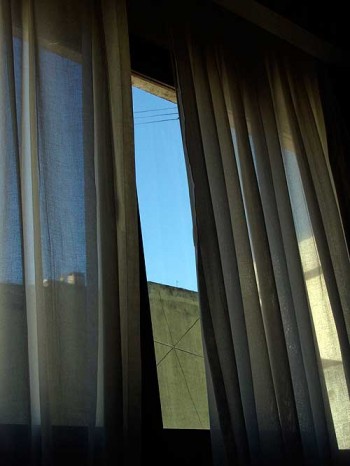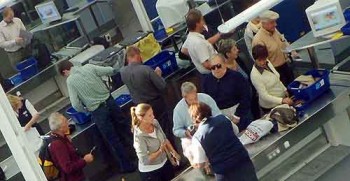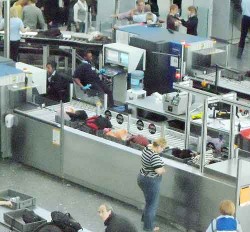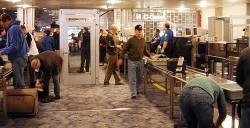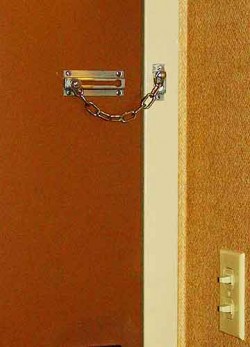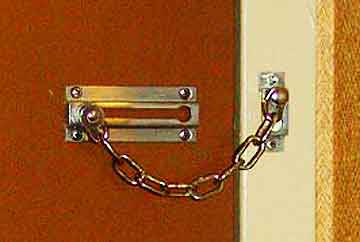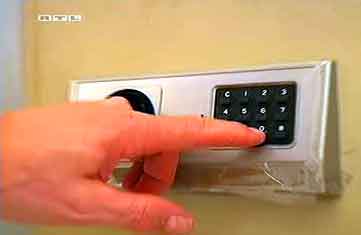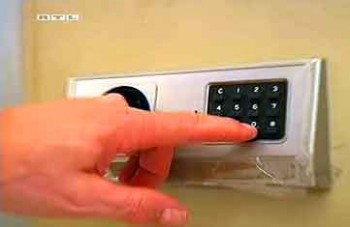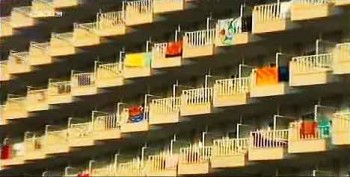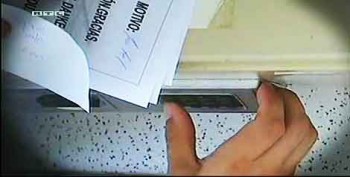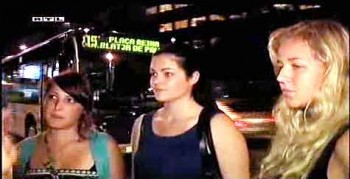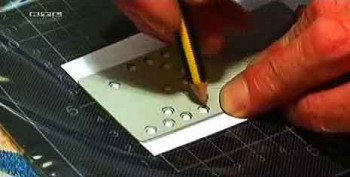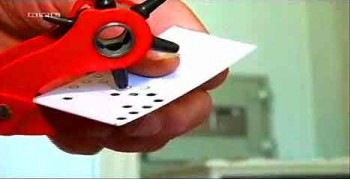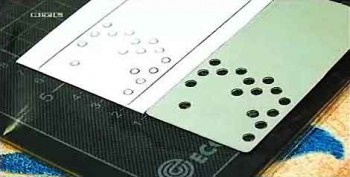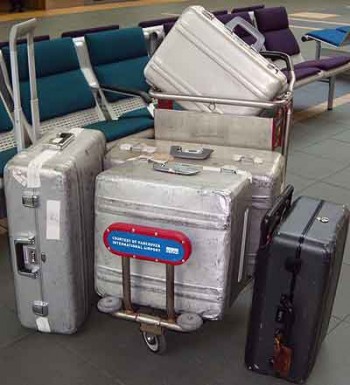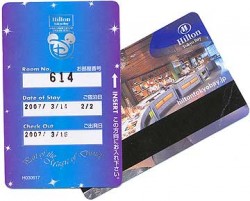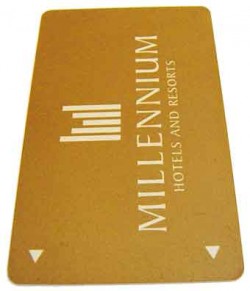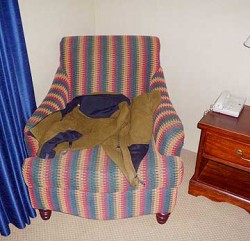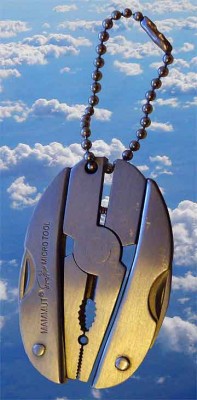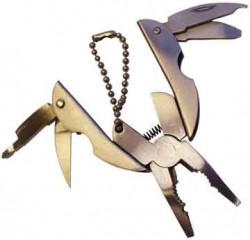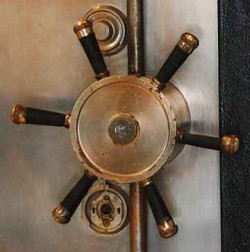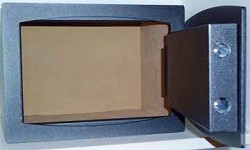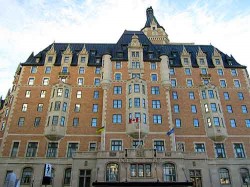
When you check into a hotel and are handed a key to a room that turns out to be already occupied, you have to wonder about the hotel’s security. You definitely come to a conclusion about its competence. This is no small mistake, in my book.
When we checked into the Delta Bessborough in Saskatoon, we were given a room key, as usual. We hauled our luggage up to find that the room had not been cleaned. Down we went. Got a new key. Back up to another floor. Opened the door and found a woman inside! One more time down and up and we got a third room, this one a keeper.
I’m not terribly irked by the first mistake, but I find the second inexcusable. It makes me wonder who might barge into my room later. Will I be inside at the time? Just how confused is the front desk, anyway? How much responsibility will they take for potential repercussions?
Bob and I were surprised at how insignificant the front desk people seemed to deem the error. “I know, I know you got the wrong room, sir, we apologized!” a staffer said, as if we were harassing him. Inconvenience seemed to be the complaint he was addressing; not insecurity. And—he was busy with front desk things.
Contrast that with an incident the next day at a Crown Plaza. Our checkout time was 4 p.m. We returned to the room at 3 p.m. in a rush to pack, but couldn’t get in. Our two keys no longer worked. Hearing our distress at not being able to get in, a nearby service staffer came along with his master key and let us in, no questions asked. While we were irritated that our access had been wrongly cut off, we were grateful that someone was there to let us in, and we took advantage of his empathy. On the other hand, he was someone we’d never seen, and who had never seen us. Technically, he shouldn’t have let us in. That sort of behavior compromises the safety of guests and their belongings.
At checkout, I related the matter to the front desk staff because our keys should not have been cut off. “Wait,” the front desk man said. “Would you mind repeating that for our manager? He should be aware of this.” He got it. He understood the security ramifications. I have no doubt that the entire housekeeping staff got a refresher in security protocol.
A few days before, in another hotel, we actually entered the wrong room. Housekeeping was there and let us walk on in. We saw other people’s stuff and realized we were on the wrong floor. But we could have done anything. “Oh, I just wanted to grab my computer…”
I’ve already written about hotel security in the hands of housekeeping staff.
… the security of our belongings is in the hands of the maids. How well are they trained? How much discretion do they have? When should they break the rules in order to be nice? When should they bend the rules in anticipation of a nice gratuity? What about temporary workers during the hotel’s high season, do they receive as thorough training? How many of us have approached our room only to find that we forgot our key, or the key doesn’t work, and a nice service staff member volunteers to let us in?
Hotel policy is one thing; compliance is another. How do you react when you find that your key doesn’t work (for the third time), the front desk is far away (giant hotel), your feet hurt and your arms are full and you’re dead tired, and the maid with a master key says “I’m sorry. It’s for your own security.”?
At the Campanile hotel in Paris, we got a replacement key from reception just by asking for it, giving the room number only. They didn’t even ask for a name. The staff on duty were the morning shift; they were not there at our check-in late the night before. They simply had no security procedures in place whatsoever.
Bob and I have just stayed at 15 different Canadian hotels over the past 20 days. Without even looking, we found security lapses in three of them. Hotels: take note. Guests: beware. Hotel security: is there a workable protocol?

